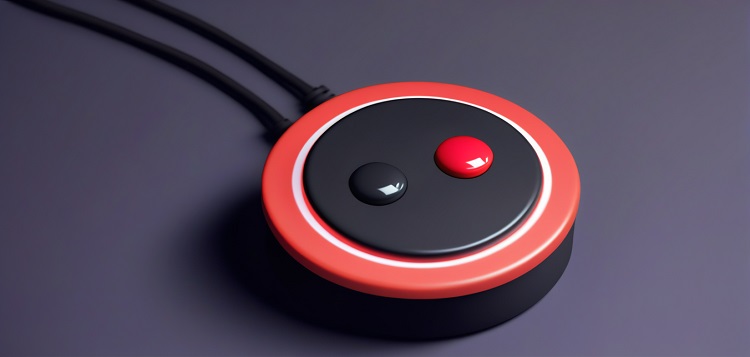French luxury furniture company Ligne Roset has positioned itself ahead of the curve as it addresses increasing demands for authenticity, traceability, and compliance with European Union regulations. On Tuesday, the family-operated firm announced a partnership with Trust-Place, a data and post-purchase traceability company, unveiling its first digital product passport. This move marks a significant step in enhancing transparency and fostering stronger customer relationships.
The company’s Togo loveseat, a signature model designed in 1973 by Michel Ducaroy, is the first product to feature this digital identifier. Ducaroy, known for his avant-garde approach to design and his innovative use of materials, played a pivotal role in shaping Ligne Roset’s creative direction in the 1960s. The new digital passport integrates a unique product identifier via a QR code, enabling verification of the Togo sofa through a dedicated mobile application. Additionally, it records ownership details, allowing consumers to authenticate their purchases while also engaging with the brand through personalized experiences and events.
Ligne Roset’s leadership emphasized the importance of this innovation in aligning with the company’s strategic focus on transparency and authenticity. They highlighted that the introduction of digital certificates guarantees the authenticity of every product leaving their workshops, reinforcing trust and establishing a lasting connection with their clientele. The firm views the partnership with Trust-Place as a critical step in this direction.
A Legacy of Craftsmanship Meets Modern Innovation
The roots of Ligne Roset trace back to the 1860s when its founder, Antoine Roset, began producing canes for parasols in a small factory. Following shifts in fashion trends, the company transitioned to manufacturing chairs, setting the foundation for its legacy in high-quality furniture. Today, Ligne Roset combines its rich heritage with cutting-edge technology to meet the evolving demands of the luxury market.
The introduction of digital product passports aligns with broader industry trends. In October, Italian luxury furniture brands Poltrona Frau and Savio Firmino joined the Aura Blockchain Consortium, signaling a growing commitment among luxury players to enhance product traceability and comply with stringent EU environmental regulations. Each company in the consortium plans to develop bespoke digital product passports in the coming months.
Regulatory Compliance Driving Industry Adoption
The European Commission’s Ecodesign for Sustainable Products Regulation, which came into effect in July 2024, underscores the importance of transparency and traceability in the luxury market. Under this regulation, many products sold in the EU will be required to carry digital product passports by 2027, prompting brands across various sectors to adopt innovative solutions. This regulatory framework aims to promote sustainability while ensuring that consumers have access to verifiable information about the origins and authenticity of their purchases.
Trust-Place, the company partnering with Ligne Roset, was established in 2020 by Gaelle Delore and Didier Mattalia. Based in Marseille, Trust-Place collaborates with a diverse range of luxury businesses, including those in fashion and electronics, to provide comprehensive traceability solutions.
A Model for Future Innovation
The collaboration between Ligne Roset and Trust-Place demonstrates a forward-thinking approach to integrating blockchain and digital tools into the luxury furniture industry. By bridging traditional craftsmanship with modern technology, Ligne Roset aims to set new benchmarks for authenticity, customer engagement, and regulatory compliance. As the industry continues to adapt to changing consumer expectations and regulatory requirements, this partnership serves as a model for innovation and leadership in the digital economy.









